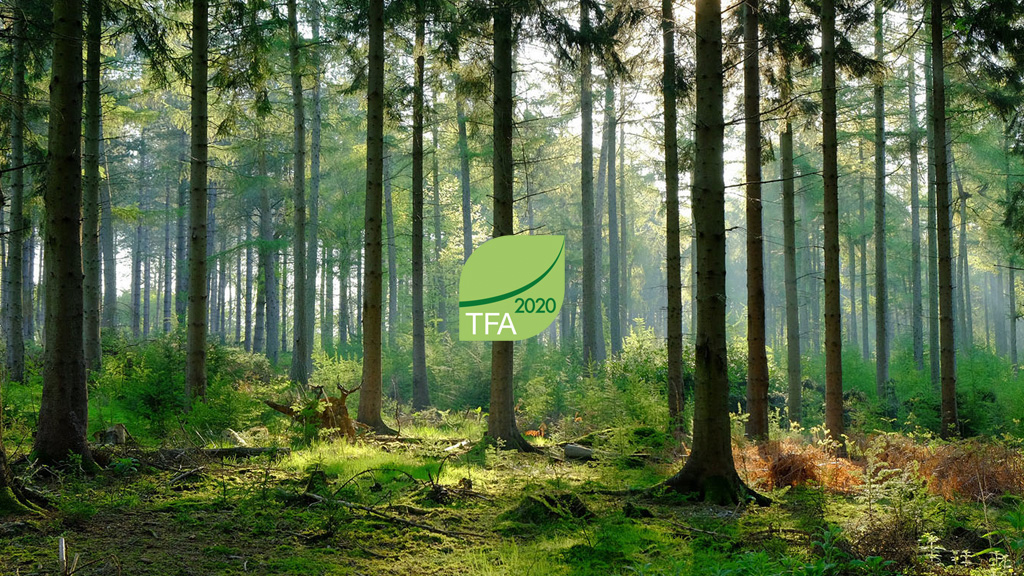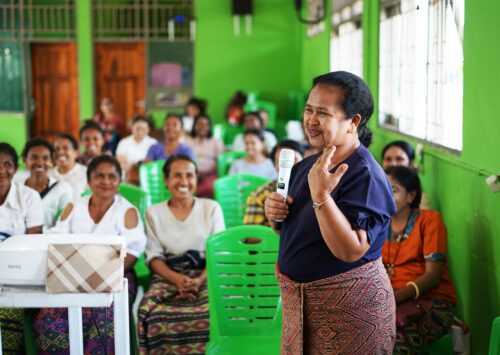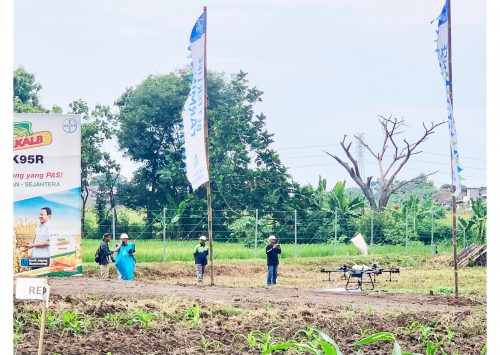
Deforestation-free supply chains are critical to low emission development. With the world’s population predicted to reach 9 billion by 2050, it is estimated that 70% more food calories will be needed, while demand for wood products will also continue to increase. Over the past decades, meeting the rising demand for food and consumer goods has often come at the expense of forests, making commercial agriculture the main driver of tropical deforestation.
Over the last few years this issue has generated an unprecedented level of commitment from nations, companies, indigenous people and other organizations to stop commodity-driven deforestation, while at the same time achieving ambitious reforestation and forest restoration targets. The Tropical Forest Alliance was developed to help achieve these commitments through dedicated public-private collaborations.
Our Mission
The Tropical Forest Alliance (TFA ) is a global public-private partnership in which partners take voluntary actions, individually and in combination, to reduce the tropical deforestation associated with the sourcing of commodities such as palm oil, soy, beef, and paper and pulp. Doing so significantly reduces global greenhouse gas emissions, improves the livelihoods of millions of smallholder farmers, conserves natural habitats, and protects tropical landscapes for future generations. It is a key aspect of delivering sustainable and inclusive rural economic development in tropical forest countries.
TFA is in a unique position to foster cross-sector collaboration based on a common and ever-deepening understanding of the barriers and opportunities linked to deforestation-free supply chains. Its greatest offering is a partnership of champions for deforestation-free global and local economies, making the case for sustainable supply chains as an essential pathway towards a better economy and achievement of the Global Goals.
TFA and its partner countries, companies and civil society organizations work together to:
Improve planning and management related to tropical forest conservation, agricultural land use and land tenure
Share best practices for tropical forest and ecosystem conservation and commodity production, including working with smallholder farmers and other producers on sustainable agricultural intensification, promoting the use of degraded lands and reforestation
Provide expertise and knowledge to assist with the development of commodity and processed-commodity markets that promote the conservation of tropical forests
Improve monitoring of tropical deforestation and forest degradation to measure progress
Our History
The Tropical Forest Alliance was founded in 2012 at Rio+20 after the Consumer Goods Forum (CGF) committed to zero net deforestation by 2020 for palm oil, soy, beef, and paper and pulp supply chains in 2010. The CGF partnered with the US government to create the public-private alliance with the mission of mobilizing all actors to collaborate in reducing commodity-driven tropical deforestation.
In support of the commitments of TFA partners to reduce deforestation in tropical forest countries, TFA has throughout the years grown its partner members and continues to bring on board those key actors committed to tackling deforestation. Since June 2015, the Tropical Forest Alliance Secretariat is hosted at the World Economic Forum offices in Geneva, with financial support of the governments of the Norway and United Kingdom.



